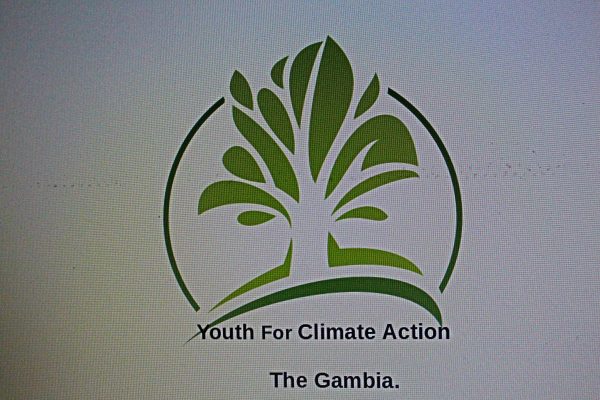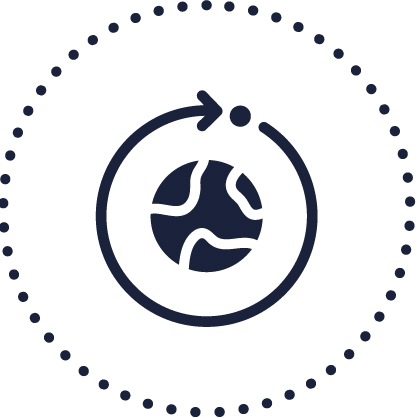Promoting Sustainable Biodiversity Conservation and Enhancing Livelihoods of Vulnerable Youth and Women in Kiang West
Youth for Climate Action Gambia (Y4CC), is a registered NGO in rural Gambia, it has grassroots project based in the Kiang West of The Gambia, in West Africa.

Overview of the project
The Gambia faces serious challenges and pressure with regard to biodiversity and ecosystem services. Deforestation is evident in coastal zones and wetlands fuelled by domestic demand on energy, commercial logging, housing and fencing needs. Forests resources provide 85% of energy needs with over 90% of the population dependent on biomas fuel. According to NFA 2010, 27% of the country’s land cover classified as forest(including mangroves) of which 87% were secondary forests, mostly fragmented and severely exploited. Only 3.5% of lands remains under primary forest cover. The Kiang West is a peninsular, and has a combination of forest land, grass land, farm lands and mangrove estuarine system situated within The Gambia, Kiang West Peninsular covers 71,000ha of surface area. The complex already accommodates the Kiang West National Park, the Bintabolong Estuary, more than five state managed forest parks and about a dozen community forests parks.
However, the resources within the complex are unprecedentedly declining due to logging, forest fires and other inappropriate land use practices. The land cover of this particular ecological zone evolves from rain-fed dense forest to shrubs vegetation in most areas. A good proportion of the forest still exists but wildlife population dominated by few people. The wildlife population remains without watering lakes and ponds, resulting to heavy lost wildlife mortality or conditional migration to South Senegal and Guinea. The population of some species such as Papio papio and Pharcocherus spp are outnumbered and becomes obstacle to food security. Kiang West National Park is 19,051ha and its buffer zone that include Dumbuto Wildlife Sanctuary, Peninsular Mouth Conservation Area and Mutaro Kunda Forest Park forms almost 40% of the peninsul.
The project is designed to conserve and restore the local environment, improve the livelihoods of local people, increase food production and enhance food security in rural Gambia.
Modelling
Project still in progress
- Activity 1: Planting of 100,000 Mangroves.
- Activity 2: Training of 30 youth on Beekeeping.
- Activity 3: Training of 100 youth and women on the effects of climate change.
- Activity 4: Revolving fund for 50 disable women in Kiang West.
- Activity 5: Project Monitoring and Evaluation.
- Activity 6: Establish 80 beehives.
- Activity 7: Community Climate Change Radio Talk Shows.
- At least 100,000 Mangroves would be planted.
- 30 youth trained on professional on Beekeeping.
- 100 women and youth training of youth and women on the effects of climate change.
- 50 Disabled women received Revolving fund to start small businesses.
- 50 bee hives established for youth in Kiang Sankandi.
- 5 Community Climate Change Radio Sensitisation Talk Shows.
Donors and Philanthrophies.
organisation
Youth for Climate Action, The Gambia- Y4CC, The Gambia is a registered NGO in rural Gambia, it has grassroots project based in the Kiang West of The Gambia, in West Africa, and focused on restoring the native mangrove forests and empower the rural communities. The Gambia is the smallest country in mainland Africa and one of the poorest. Shaped by the river Gambia and its tributaries, there used to be extensive mangrove forests but these have been strongly affected by human action. For the communities in Kiang West Peninsula, the loss of mangrove cover has had serious impacts: loss of habitat for fish species and reduced catches, less firewood available, and loss of valuable farmland and rice fields due to accumulation of salt in the soil.
Reforestation World (Switzerland).







